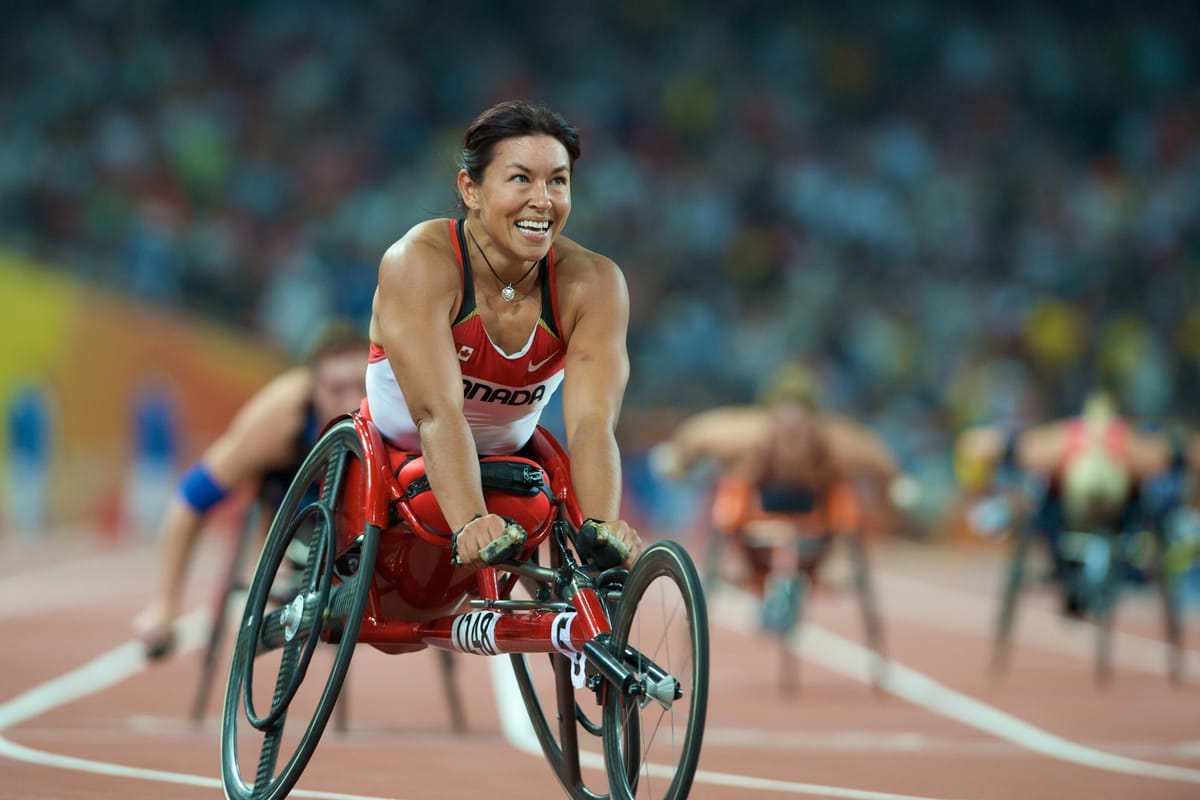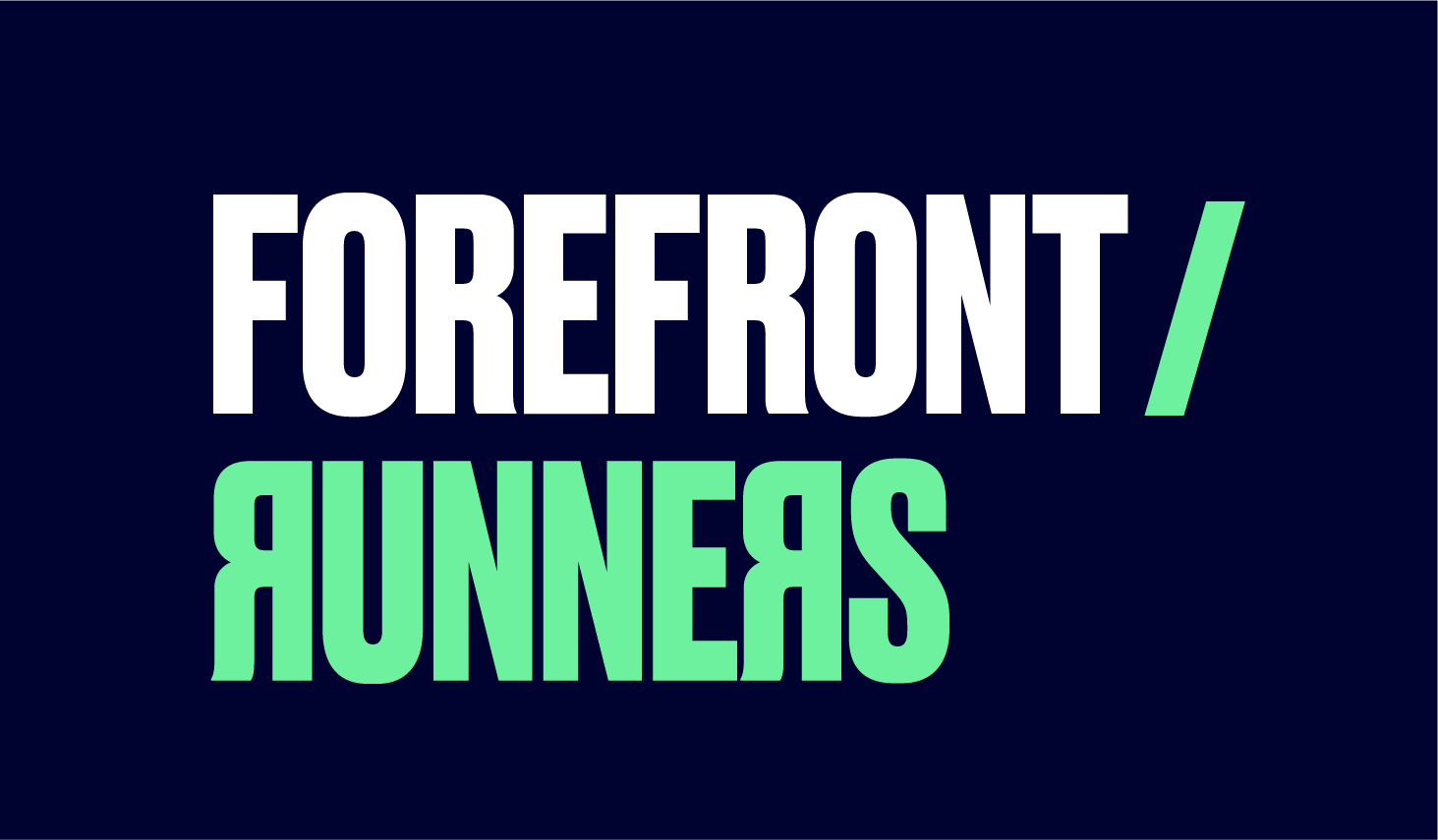Financial Independence for Paralympic Athletes: A Comprehensive Roadmap.

In the world of sports, Paralympic athletes often face unique challenges that extend beyond their physical training and competition. These athletes, who represent the pinnacle of dedication and resilience, also grapple with financial instability, limited sponsorship opportunities, and a lack of resources that their able-bodied counterparts often take for granted. However, a shift is occurring. Economic empowerment for Paralympic athletes is becoming a priority, paving the way for financial stability and long-term success.
Here’s a roadmap to achieving this crucial goal:
1. Financial Literacy Education
Financial literacy is the foundation of economic empowerment. Many Paralympic athletes, like their able-bodied peers, enter their sports careers with little knowledge about managing finances, investments, or planning for the future. Establishing comprehensive financial education programs specifically tailored for Paralympians can equip them with the knowledge to make informed decisions. These programs should cover budgeting, saving, investing, tax planning, and managing endorsements and prize money.
Action Steps:
- Partner with financial institutions and non-profits to develop educational workshops and online courses.
- Provide one-on-one financial counseling to athletes at different stages of their careers.
2. Athlete Branding
Effective branding can significantly boost a Paralympic athlete's income through sponsorships, endorsements, and personal ventures. Developing a strong personal brand helps athletes stand out and appeal to potential sponsors and fans. This involves cultivating a compelling narrative, engaging with audiences on social media, and leveraging media opportunities to increase visibility.
Action Steps:
- Offer workshops on personal branding and social media management.
- Connect athletes with branding experts who can help craft and promote their unique stories.
- Encourage athletes to actively engage with their communities and fans, fostering a loyal following.
3. Access to Sponsorship and Endorsements
Sponsorship deals are a significant source of income for athletes, yet Paralympians often receive fewer opportunities than their able-bodied counterparts. Increasing visibility and creating more equitable sponsorship opportunities can help bridge this gap. Brands and corporations should recognize the value and inspirational stories of Paralympic athletes, leveraging their narratives to create mutually beneficial partnerships.
Action Steps:
- Launch campaigns to highlight the achievements and stories of Paralympic athletes.
- Create incentives for companies to sponsor Paralympians, such as tax breaks or public recognition programs.
4. Career Development and Transition Programs
Athletic careers are often short-lived, making it essential for Paralympic athletes to plan for life after sports. Career development programs can help athletes transition smoothly into new roles, whether in coaching, sports management, or entirely different industries. These programs should offer training, mentorship, and networking opportunities.
Action Steps:
- Develop partnerships with universities and vocational schools to provide education and training.
- Establish mentorship programs connecting current athletes with retired Paralympians who have successfully transitioned to new careers.
5. Entrepreneurship and Business Ventures
Encouraging Paralympic athletes to explore entrepreneurship can provide long-term financial stability. By leveraging their unique experiences and personal brands, athletes can create businesses that resonate with their communities and beyond. Support in the form of seed funding, business training, and mentorship can be invaluable.
Action Steps:
- Create business incubators and accelerators specifically for Paralympians.
- Provide grants and low-interest loans to support athlete-led startups.
Conclusion
Economic empowerment for Paralympic athletes is not just about providing financial support; it's about equipping them with the tools, knowledge, and opportunities to achieve long-term stability. By focusing on financial literacy, building a strong personal brand, increasing access to sponsorships, supporting career transitions, and fostering entrepreneurship, we can create a roadmap that ensures Paralympic athletes thrive both during and after their sports careers. As we celebrate their incredible achievements on the field, track, and court, let us also commit to championing their financial futures with equal vigor.
